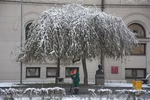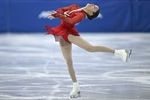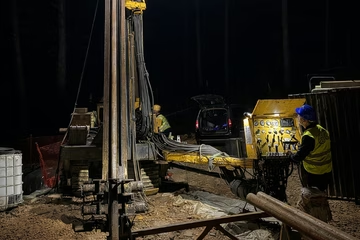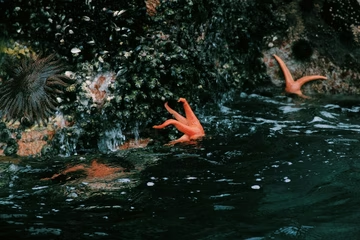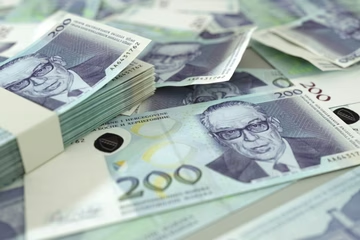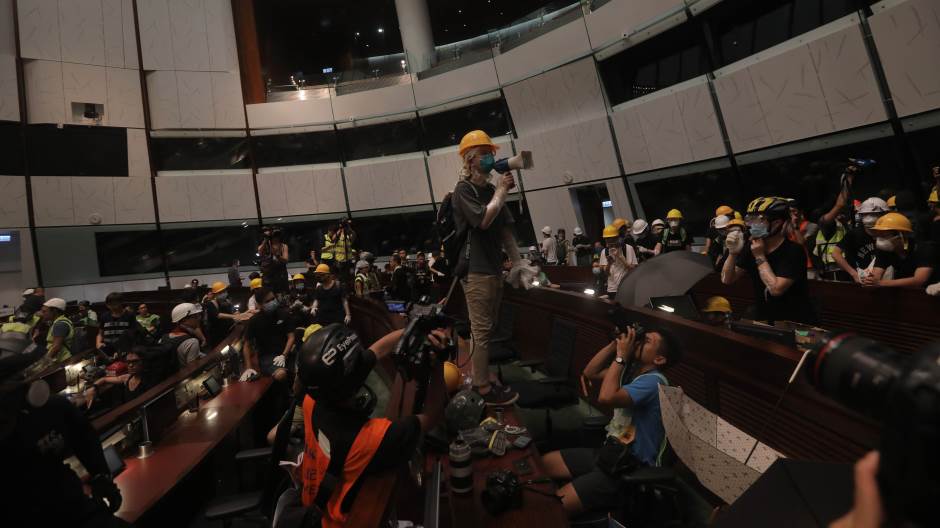
A senior Hong Kong official has described the city's legislative council as a "big crime scene," just hours after hundreds of masked, mainly young protesters stormed the building, leaving a trail of destruction in their wake.
Graffiti-scrawled slogans, broken glass and strewn debris were just a few of the outward signs of a night which marked an apparent turning point in the city's weeks-long protest movement against a controversial extradition bill.
At a press conference near the smashed building facade, LegCo President Andrew Leung said police are now in control of the building and carrying out investigative work.
"Right now, LegCo is a big crime scene," he said. "The priority of LegCo is to get in shape to have meetings. It will be very difficult to use this venue for LegCo."
How events unfolded
On Monday, hundreds of thousands of peaceful demonstrators marched through the city on the anniversary of Hong Kong's 1997 handover to Chinese rule.
Before the main march got underway, a small, breakaway group of protesters - many of them in their teens and twenties and wearing masks, helmets and other protective gear - surrounded the LegCo complex. Outside the building, local pro-democracy lawmakers pleaded with protesters to exercise restraint, but to little avail.
Using makeshift battering rams and metal bars to smash through reinforced glass, members of the group forced their way into LegCo, where they dubbed anti-extradition bill slogans on the walls, smashed the interior and draped the territory's former colonial flag across the main chamber's central podium.
Police did not act as protesters attacked the building or stormed inside, and hundreds were able to remain in the legislature for up to three hours, before word of an imminent clearance operation brought them back onto the streets.
Within minutes of protesters taking a collective decision to exit the building police fired tear gas and used baton charges to disperse the crowd.
A day of demonstrations
July 1, the anniversary of Hong Kong's handover from British to Chinese rule, has always been marked by pro-democracy marches.
This year, turnout was expected to be boosted by continued anger over a proposed law that would allow extradition to China, which has brought hundreds of thousands of Hong Kongers into the streets, eventually forcing the government to suspend the bill.
Critics fear the law could be used to seize government critics and send them across the border to face trial in a system with a 99 percent conviction rate and a history of political prosecutions. Hong Kong's chief executive Carrie Lam reiterated on Tuesday there are no plans to restart the suspended legislative process before the bill expires with this term of the city's parliament.
In total, 59 people were sent to hospital during Monday's protests. As of 8 am, six people were in a stable condition and three people were in a serious condition, according to Hong Kong's Hospital Authority.
Police said 13 police officers were hospitalized, although it was not clear whether the police injuries were included in the Hospital Authority's count. Several protesters were seen to keel over from the intense heat and humidity.
It is unclear how many arrests have been made or if police are planning operations on Tuesday. While most protesters were masked, several could be seen at times without face coverings. Leung, the LegCo president, said that police were "gathering evidence."
Kakvo je tvoje mišljenje o ovome?
Učestvuj u diskusiji ili pročitaj komentare





 Srbija
Srbija
 Hrvatska
Hrvatska
 Slovenija
Slovenija








